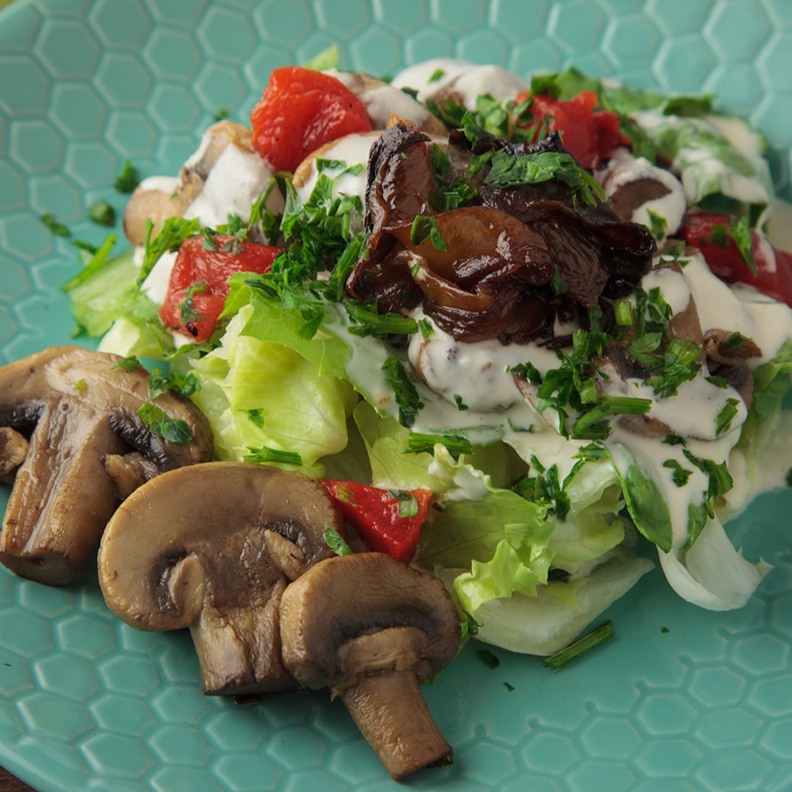The Art of Mediterranean Dining: A Taste of Tradition
Mediterranean dining is not just about food; it’s about culture, history, and connection. Rooted in centuries-old traditions, it brings people together through shared meals and vibrant flavors. The region around the Mediterranean Sea has a cuisine as diverse as it is delicious. This article explores the cultural significance, essential elements, and how to experience the art of Mediterranean dining authentically.
The Cultural Significance of Mediterranean Dining
Historical Roots
Mediterranean cuisine has evolved over millennia, shaped by the influences of ancient civilizations like the Greeks, Romans, and Ottomans. The region’s strategic location made it a hub for trade routes, introducing spices, ingredients, and recipes that remain central to its identity today.
The Philosophy of Sharing and Community
At the heart of Mediterranean dining is a sense of connection. Sharing a meal in this tradition is more than just eating; it’s about building relationships. May it be from leisurely family feasts to gatherings with friends, meals are an opportunity to bond, celebrate, and create memories.
Health and Lifestyle
The Mediterranean diet has been recognized globally for its health benefits and was even named a UNESCO Intangible Cultural Heritage of Humanity. Thanks to its focus on fresh, wholesome ingredients, the amazing cuisine promotes physical and emotional well-being.
The Core Elements of Mediterranean Cuisine
Signature Ingredients
Mediterranean cooking is about simplicity and fresh, high-quality ingredients. The staples are olive oil, ripe vegetables, whole grains, legumes, nuts, and seafood, along with a vast array of herbs and spices. Locally sourced seasonal ingredients are the hallmark of the cuisine.
Preparation Techniques
Cooking methods like grilling, roasting, and slow cooking are designed to preserve and enhance each ingredient’s natural flavor. Balance and harmony are the focus, creating dishes that are both nutritious and delicious.
Iconic Recipes and Dishes
Some dishes transcend borders and have become symbols of Mediterranean cuisine. For instance, Greek moussaka layers eggplant and savory meat. Spanish paella brings together rice, saffron, and seafood. Middle Eastern mezze platters showcase a variety of dips, salads, and small bites. It makes anyone’s mouth water!
Flavors of Tradition
Oregano, thyme, rosemary, saffron, and turmeric are the herbs and spices that give Mediterranean food its distinctive flavors. These elements add depth and vibrancy to even the simplest of dishes.
Tips for Authentic Mediterranean Dining
Sourcing Ingredients
The first step to creating an authentic Mediterranean dish is to source the right ingredients. Local farmers’ markets or specialty stores often carry high-quality olive oil, imported olives, and cheeses that will take your meals to the next level.
Recreate the Experience at Home
Bring the Mediterranean to your dining table with rustic decor and serve family style. Signature dishes like lentil soup, fresh salads, or grilled seafood will make your gathering authentic and memorable.
Dining Out
Looking for authentic Mediterranean restaurants in Houston will give you a more immersive experience. Be on the lookout for menus with traditional ingredients and dishes that reflect the cuisine of the region, like ours at Fadi’s Meyerland.
Cultural Sensitivity
When experiencing Mediterranean cuisine, showing respect for its traditions and etiquette will add depth to your experience. Whether it’s appreciating the time taken to prepare a meal or honoring the communal spirit, small gestures will enhance your understanding of the culture.
A Regional Breakdown of Mediterranean Cuisine
Each region puts its own history and geography into its cuisine, making Mediterranean food an endless adventure. The Mediterranean basin is a patchwork of flavors:
- Eastern Mediterranean features hummus, kebabs, and baklava from countries like Greece, Turkey, and Lebanon.
- Western Mediterranean showcases Spanish, Italian, and French classics like tapas, risotto, and bouillabaisse.
- North African Influence brings spiced foods like Moroccan tagines, Tunisian couscous, and Egyptian falafel to the table.
Mediterranean food is where food is both sustenance and culture. Fresh ingredients, simple cooking, and centuries-old traditions come together to create an experience that nourishes the soul as much as the taste buds. If you’re looking for a Mediterranean restaurant in Houston, Texas, Fadi’s Meyerland Mediterranean Grill is the perfect place to start your Mediterranean journey. Featuring authentic flavors, high-quality ingredients, and a commitment to tradition, we provide a warm and inviting space to taste the heritage of this cuisine. Whether you dine at Fadi’s Meyerland, cook at home, or travel abroad, Mediterranean food invites you to live life one bite at a time. Contact our restaurant today for a reservation!













